NICHD staff work every day to advance our mission to understand human development, improve reproductive health, enhance the lives of children and adolescents, and optimize abilities for all. Across NICHD, our staff bring with them a wealth of knowledge and skills that help the institute break new ground and expand the limits of existing research.
The following profiles will help you get to know NICHD’s culture and its scientific impact as well as our staff as they explain what inspired them along their career path, what led them to NICHD, and what NICHD has brought to their career.
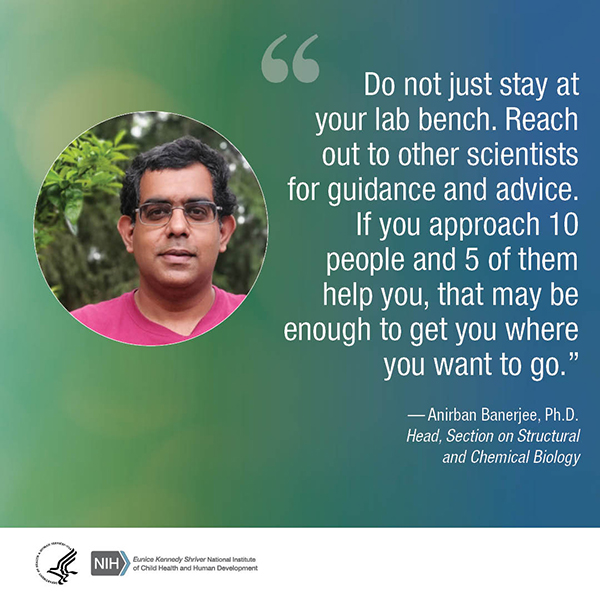
Anirban Banerjee, Ph.D.
Over the course of his career, Dr. Anirban Banerjee’s focus evolved from chemistry to structural and chemical biology. As a principal investigator, he emphasizes the importance of building a scientific community to advance research.
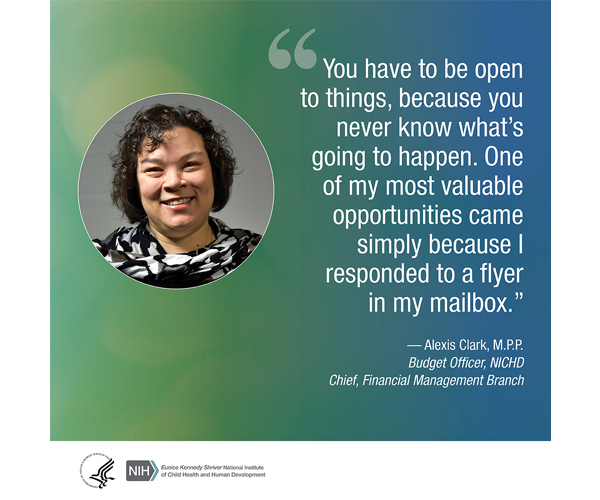
Alexis Clark, M.P.P.
Alexis Clark’s natural curiosity led her to budget work and its ability to show her the financial “big picture” for an agency and how to make sure the available funds go where they could have the greatest impact.
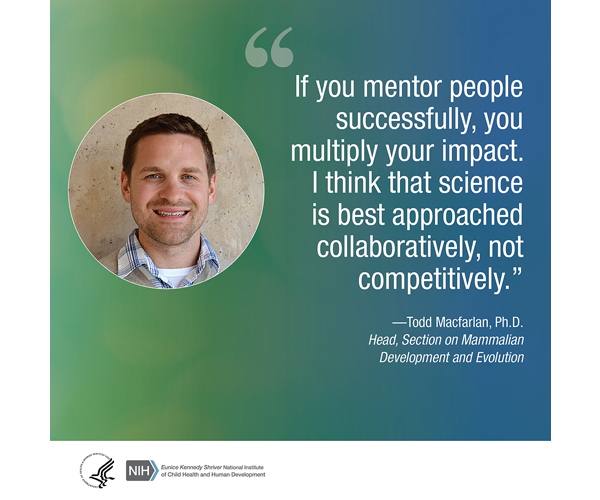
Todd Macfarlan, Ph.D.
As a child, Dr. Todd Macfarlan loved reading books about evolution and learning how distinct but related species like humans and chimpanzees evolved from a common ancestor. He also has a unique interest in development that stemmed from being an identical twin, fascinated by the fact that he shared a complete genome with his brother while also living separate lives and having diverse interests.
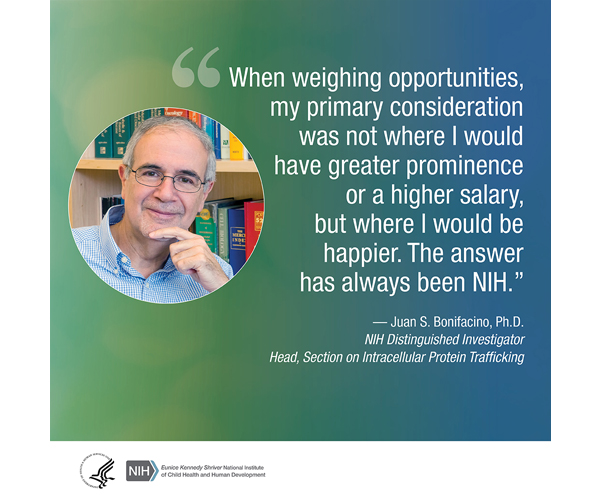
Juan S. Bonifacino, Ph.D.
Dr. Juan S. Bonifacino’s interest in science started early in his childhood and led him from his home country of Argentina to NIH, where he has been since 1982. He credits NIH leadership’s recognition of the importance of diversity and NICHD’s mission of helping marginalized groups, such as people with disabilities, as major factors that drew him to the institute and contribute to his reasons for staying.
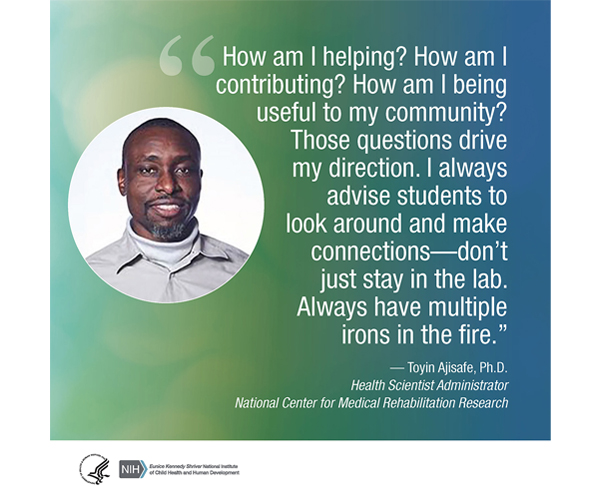
Toyin Ajisafe, Ph.D.
Dr. Toyin Ajisafe was always interested in the human body and health, even asking his father for a four-volume set of medical encyclopedias when he was a teenager. His research journey led him from Nigeria to the United States and through studies and work in physical therapy, kinesiology, and biomechanics.
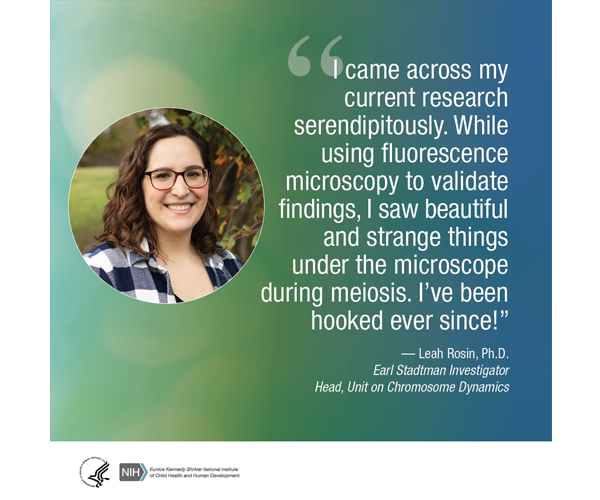
Leah Rosin, Ph.D.
Dr. Leah Rosin attributes an enthusiastic high school biology teacher for first inspiring her interest in science and genetics. She also praises how choosing the right doctoral mentor can provide the training and support needed to learn the skills for advancing or maybe even switching fields after graduate school.
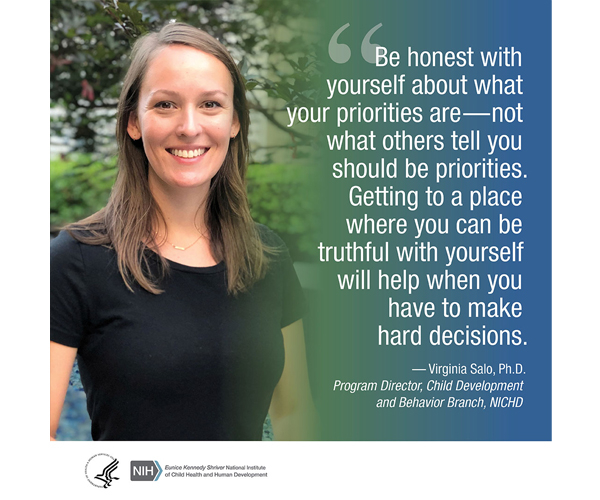
Virginia Salo, Ph.D.
Dr. Virginia Salo knew the moment she began collecting information for her master’s program in experimental psychology that she enjoyed data analysis. A change in advisors during her Ph.D. studies aligned with her own shifting research interests and led to her focus on preverbal development in infancy and the internal and external factors that create the foundation for successful communication and language development.
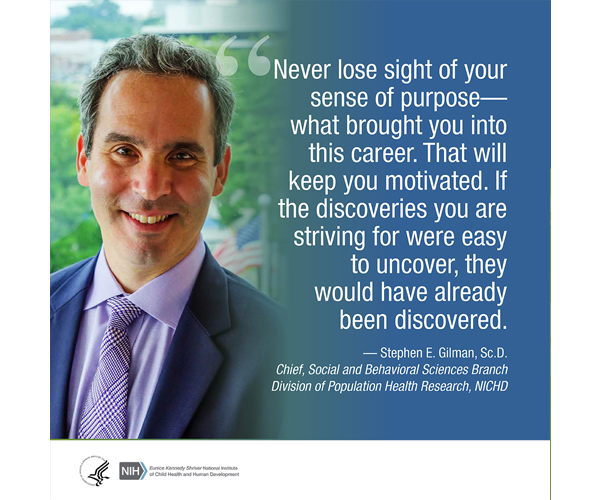
Stephen Gilman, Sc.D.
Dr. Stephen Gilman started his professional career in documentary photography. His first post-photography job, as a research assistant, led him to discover his interest in science as well as his first two mentors.
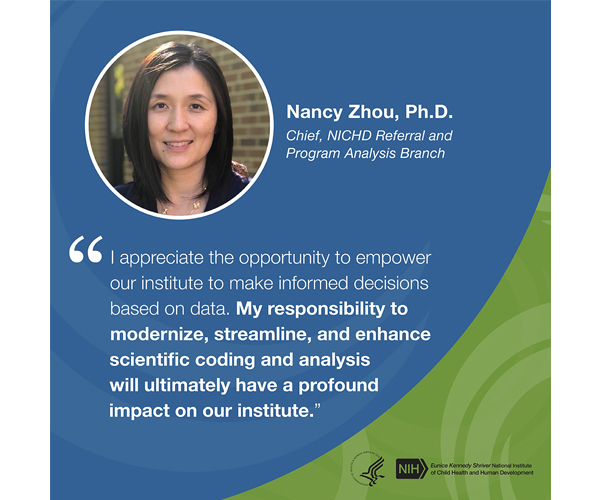
Nancy Zhou, Ph.D.
Dr. Nancy Zhou finds great value in mentorship, whether as the mentor or mentee. She attributes much of her success to mentors who guided her through various career milestones and is determined to share that same support with others, particularly with women in the fields of science and technology.
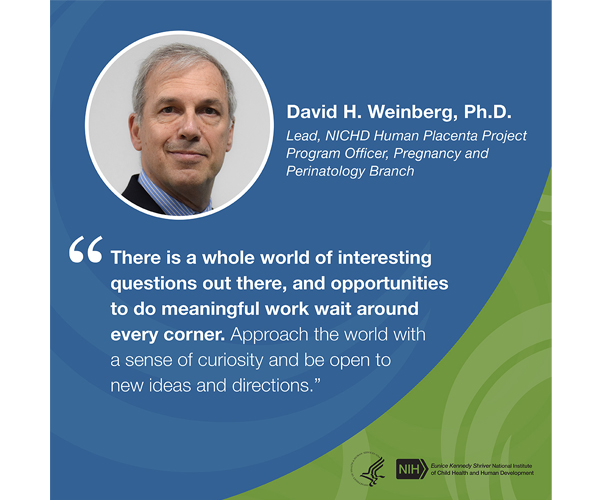
David Weinberg, Ph.D.
In every work position Dr. David Weinberg has held, he tries to bring enthusiasm, an open mind, and a willingness to carry his share of the workload. He also always seeks mentorship from persons above, equal to, and below him in the organization, as each person’s experience with him is slightly different, and all have lessons to teach him.
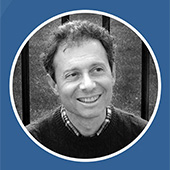
Mark Stopfer, Ph.D.
A childhood fascination with understanding how things worked was the spark that ignited Dr. Mark Stopfer’s interest in studying the brain and how it processes information.
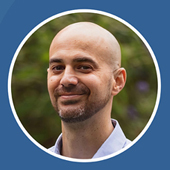
Ryan Dale, Ph.D., M.S.
Dr. Ryan Dale’s early research experiences spanned from the Midwest prairie to the coastal estuaries of Maine.
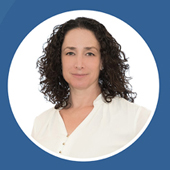
Rebecca Rosen, Ph.D.
Dr. Rebecca Rosen joined NICHD in July 2021 as the director of the institute’s newly established Office of Data Science and Sharing.
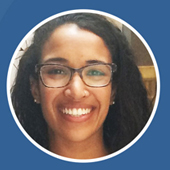
Samantha Calabrese, M.P.H.
Samantha Calabrese, M.P.H., realized during a conversation with a high school teacher that one day she wanted to work for NIH. As a public health analyst for NICHD’s Maternal and Pediatric Infectious Disease Branch, she supports domestic and international research, training, and career development programs in HIV and other significant infectious diseases.

Travis Kent, Ph.D.
Dr. Travis Kent always had an interest in science and fell in love with the idea of research in college. Graduate school led him to focus on teaching and policy, and a fellowship brought him to a position with NICHD that would eventually lead him to his current position as a program officer with the Fertility and Infertility Branch.
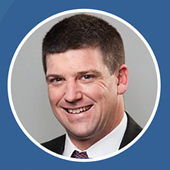
Dan Johnston, Ph.D.
A summer spent as a member of the Jackson Laboratory’s summer student program led Dr. Daniel Johnston to change his college focus from medical school to pursuing a Ph.D. in reproductive biology—a decision that would ultimately help lead him to his current position as chief of NICHD’s Contraception Research Branch.
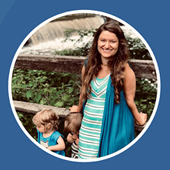
Candace Tingen, Ph.D.
From mixing “cures” using common household ingredients to participating in middle school experiments led by an inspirational science teacher, Dr. Candace Tingen doesn’t remember a time when she wasn’t interested in science. However, a high school internship at NIH’s National Institute of Environmental Health and Sciences was the experience that would introduce her to female reproductive health research—a path that ultimately would lead her to NICHD’s Gynecologic Health and Disease Branch.
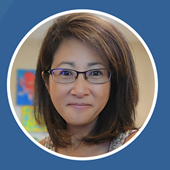
Sonia Lee, Ph.D.
Dr. Sonia Lee’s earliest inspiration came from her father, an anesthesiologist who would often take her to the hospital to meet the healthcare providers with whom he worked. She learned very early that she wanted to be a part of and make an impact with science the way he did.
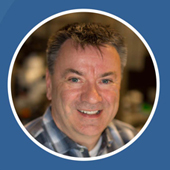
Chris McBain, Ph.D.
Dr. Chris McBain attributes the start of his interest in science to a chemistry set his parents gave him for his birthday. However, that start took much deeper root thanks to the influence and enthusiasm of high school chemistry and biology teachers, who taught him through early science experiments that science could be fun.
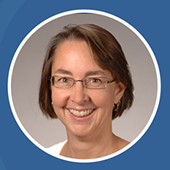
Gisela Storz, Ph.D.
Dr. Gisela Storz always loved nature and enjoyed science fairs in elementary and middle school. She would later become interested in research through a work study job preparing materials for a cell biology lab during her freshman year of college.
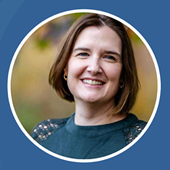
Theresa Hayes Cruz, Ph.D.
Dr. Theresa Hayes Cruz’s love of math and science led her to study biomedical engineering. Her experience working in a rehabilitation hospital with people with stroke, traumatic brain injury, spinal cord injury, and other physical impairments inspired her to pursue her biomedical engineering Ph.D. and a career in research rehabilitation.
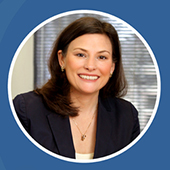
Alison Cernich, Ph.D.
Dr. Alison Cernich had different plans for her future career until cinematic inspiration redirected her path. As NICHD’s Deputy Director, she proudly represents the science the institute supports and steps up to whatever the role brings her, including this past year’s many COVID challenges.
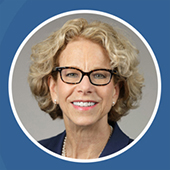
Diana W. Bianchi, M.D.
Dr. Diana Bianchi’s interest in science and research began through her love of nature and the profound influence of watching her family cat give birth, and continued to grow thanks to the influence of exceptional female role models throughout her high school and higher education training.
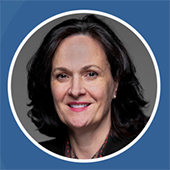
Veronica Gomez-Lobo, M.D.
Dr. Veronica Gomez-Lobo wanted to be a doctor from the age of 12. Her interest in medicine initially grew from a desire to care for underserved populations. As a resident, she discovered a love for teaching, and as a residency director, she added scholarship and research to her list of interests.
NICHD researchers and staff carry out the institute's mission through their work in the lab, in the field, and in their offices. The following interviews provide a deeper look at the institute's dedicated staff, the science it conducts and supports, and what that science means to the public.
Dr. Brett Miller leads NICHD efforts to better understand dyslexia. Research suggests that direct, systematic, and explicit instruction in small groups can help children with dyslexia learn to read.
A "bionic" arm? Toy cars for mobility-impaired toddlers? NICHD's Dr. Alison Cernich talks about technologies on the cutting edge of rehabilitation research—and where the future is headed.
How the brain's "wiring" develops and works—and what happens when it goes wrong—are the types of questions Dr. Chris McBain's laboratory seeks to answer. His work could provide clues to understanding conditions like epilepsy, schizophrenia, and Alzheimer's disease.
If you need additional biographical information on NICHD leadership or would like to schedule an interview with an NICHD staff member, contact the Office of Communications at nichdpress@mail.nih.gov or 301-496-5133.



 BACK TO TOP
BACK TO TOP